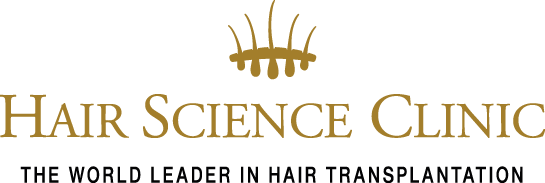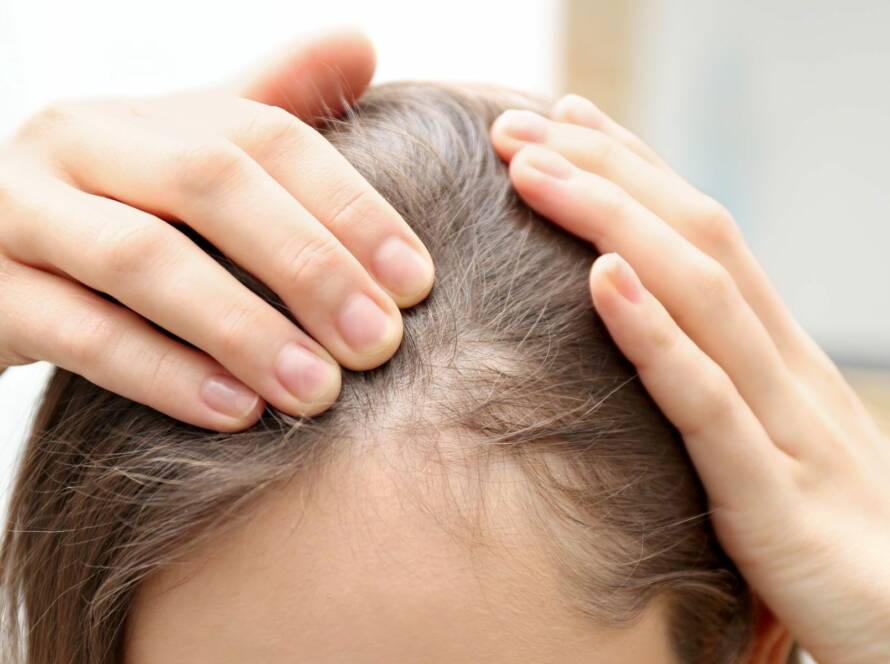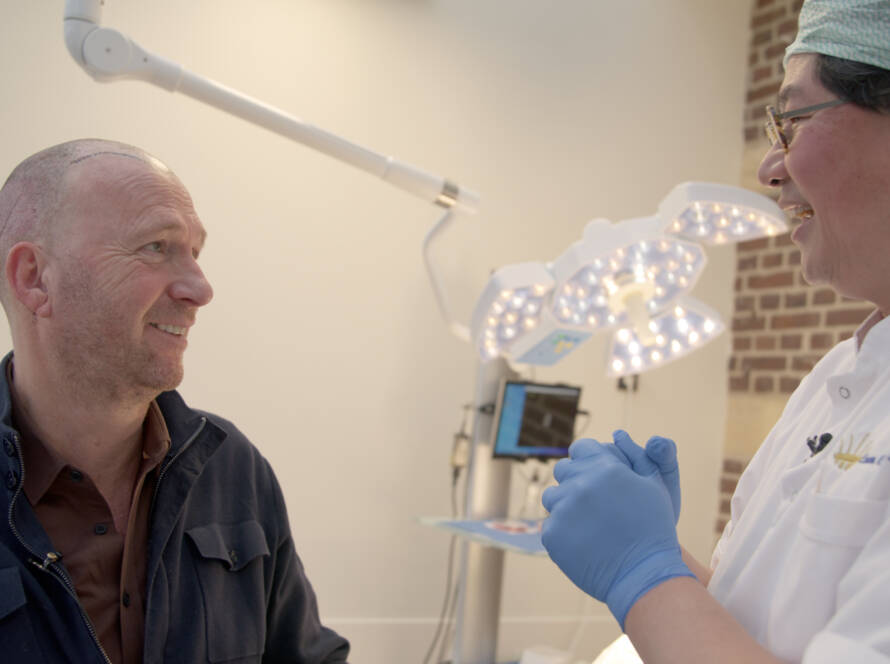Hair loss can have several causes. Heredity is an important factor, but a lot of stress, medication and hormonal changes can also cause hair loss. There are several treatments that can reduce or stop hair loss, such as medication or hair transplantation. In case of hair loss, always seek medical advice.
Hair loss: how does it happen and what can I do about it?
Hair loss can have several causes. Heredity is an important factor, but a lot of stress, medication and hormonal changes can also cause hair loss. There are several treatments that can reduce or stop hair loss, such as medication or hair transplantation. In case of hair loss, always seek medical advice.
How does hair loss occur?
Hair loss can have several causes. It can be genetic, where hair loss often runs in the family. Hormonal changes can also cause hair loss, such as during menopause and pregnancy. Furthermore, stress can play a role, as it can disrupt hormone balance. In addition, hair loss can be caused by a lack of essential nutrients, such as vitamin D, biotin and iron.
What is the cause?
Another common cause of hair loss is poor hair care, where, for example, frequent use of styling appliances and chemical hair products can damage and dry out hair follicles. Finally, radiotherapy and chemotherapy can also cause hair loss as a side effect, as these treatments aim to kill rapidly dividing cells, which include hair follicles. It is important to identify the cause of hair loss before any action can be taken.
How do I know which form of hair loss I have?
If you suffer from hair loss, it is important to know which form of hair loss you have. One of the most common forms of hair loss is androgenetic alopecia, better known as male pattern baldness, where the hair gradually falls out and the scalp becomes visible. Women can also suffer from this form of hair loss, but then there is diffuse hair loss all over the head.
Call in a hair specialist
Other forms of hair loss include alopecia areata, in which hair falls out in round patches, and telogen effluvium, in which hair falls out temporarily due to stress or hormonal changes. To find out which form of hair loss you have, it is important to make an appointment with a dermatologist or hair specialist. They can examine which form of hair loss you have and prescribe appropriate treatment.
Is it genetic?
Hair loss is very common. It is a problem that affects many people, especially as they get older. So although there are several factors that can cause hair loss, hereditary baldness is the most common cause of hair loss in men and women.
Read: What types of hair loss are there?
How does hereditary hair loss occur?
Hereditary hair loss is a genetic condition in which the hair follicles are hypersensitive to the hormone dihydrotestosterone (DHT), a derivative of the male hormone testosterone. In people sensitive to DHT, the cycle time of the hair follicles is shortened, causing the hairs to become thinner and shorter until they eventually stop growing. Sensitivity to DHT is determined by hereditary factors and can be passed down from generation to generation. Hereditary hair loss is therefore common in certain families. It can occur in both men and women, but is more common in men and often starts at a young age.
What can I do myself against hereditary hair loss?
Hereditary hair loss is a common problem in both men and women. The process often starts as early as the teenage years, which can be very annoying. It is difficult to do anything about it because it is usually genetic. Although hereditary baldness is difficult to combat, there are some steps you can take to reduce hair loss and maintain the health of your hair.
Measures against hair loss
A healthy lifestyle is essential. Eat a healthy and varied diet, avoid stress and get enough exercise. In addition, using special shampoos and conditioners can help keep hair healthy. There are also several medications available that can reduce hair loss, such as minoxidil and finasteride. It is wise to seek advice from a doctor about this. In addition, hair transplantation can also be an option for people with advanced hair loss. However, it is important to know that not all solutions work for everyone. Therefore, always consult a specialist to determine which treatment is best for you.
When is a hair transplant the best solution against hair loss?
A hair transplant is the best solution against hair loss when someone wants to restore their hair permanently. This procedure is suitable for people who suffer from permanent baldness or significantly thinning hair. Prior to the treatment, the severity of hair loss and the availability of sufficient donor hair are first assessed. Indeed, a hair transplant depends on the presence of enough healthy donor hairs that are moved to the bald patches on the head.
Realistic expectations
If you opt for a hair transplant, it is important to have realistic expectations of the result. The transplant provides a permanent solution, provided you have the hair transplant performed at a recognised clinic with experienced professionals. This way, you ensure yourself the best achievable result.
How do I know if a hair transplant is the best solution for me?
Your suitability for a hair transplant depends on several factors. First, you must be sufficiently healthy to undergo the operation, as it is a surgical procedure. In addition, you must have enough donor hair to successfully complete the transplant. If you have reached an advanced stage of baldness, too little donor hair may not be available and a hair transplant may not be an option. Age and the stage of your hair loss also play a role.
How do I know if I am suitable for a hair transplant?
If you are considering getting a hair transplant, it is obviously important to know whether you are suitable for this procedure. A suitable candidate for a hair transplant is someone who suffers from hair loss or baldness in specific parts of the head, such as the crown or hairline. In addition, it is important that your health is in order and that you are not taking any medications that may interfere with a hair transplant. You should also have enough donor hair to be used for the transplant.
Step one: schedule a consultation
It is also important that you understand what the procedure entails and what kind of results you can expect. Before you decide to undergo a hair transplant, it is advisable to schedule a consultation with a specialist in the field. He or she can guide you in making the right decision and advise you on which treatment is most suitable for your situation.
Is a hair transplant the best solution for hereditary baldness?
Hereditary baldness can be very frustrating for people affected by it. Although there are several solutions on the market, such as wigs and hairpieces, a hair transplant is the most durable option. A hair transplant involves transplanting hair from an area where hair is still growing to the bald area. This creates natural-looking hair growth that lasts a lifetime. Moreover, the transplanted hairs can be cut and styled just like ‘real’ hair.
Is a hair transplant your solution?
A hair transplant can give good results, but it is not the best solution for everyone. Its success depends heavily on your personal situation and the expectations you have of the result. In addition, factors such as your age, the degree of baldness and the quality of the hairs used also play a role. It is good to realise that a hair transplant is a radical treatment and that it may take some time before the final result is visible. Several treatments may also be needed to achieve the desired effect. Nevertheless, a hair transplant is seen by many people as the best solution for hereditary baldness.
Get the best information
A hair transplant is a definitive solution for many forms of hair loss. A medical diagnosis is always step one when choosing a treatment. During a no-obligation consultation with one of our doctors, we go into detail about your personal situation and wishes. Based on this intake, we will give you a tailored advice and a no-obligation quotation.
Hair Science Institute has been involved in clinical studies and basic scientific research in the field of hair stem cells and tissue engineering since 1995, together with international universities and teaching hospitals, among others. Focus is on improving existing treatment methods and developing new therapies for hair restoration. We aim to treat as customer-friendly, cost-efficient and sustainable as possible in our Hair Science Clinics.



